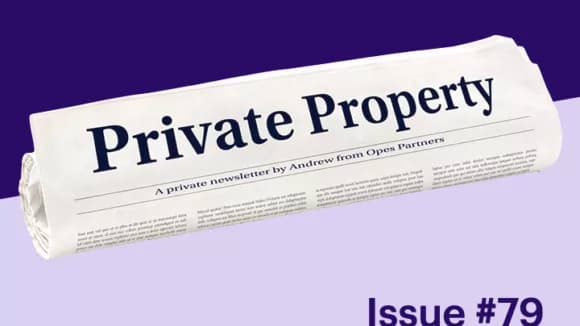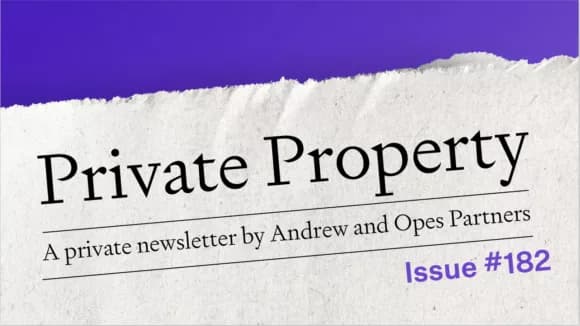It’s a 4-bedroom house in Grey Lynn, advertised for $1,300 per week. But it’s worth $2.1 million, according to OneRoof.
That gives you that average 3.2% gross yield.
That is what this investor is willing to accept.
Should I only buy in areas with a high gross yield?
No, not necessarily. Yield isn’t the only thing to think about.
Many investors prefer to buy in main cities and are willing to accept a lower yield to invest there.
Properties in larger cities tend to be better maintained. Prices go up more steadily, and it’s easier to find a tenant.
And just because the median gross yield in Auckland is 3.2%, that doesn’t mean you can’t find something higher. It’s just harder to find.
But my main point is this: A good gross yield does depend on where you buy.
In Auckland, if you get above a 4% gross yield, you are in the top 25% of investors.
In Southland, that same 4% gross yield puts you in the bottom 25% of investors.
It all depends on the property and the deal in front of you.










